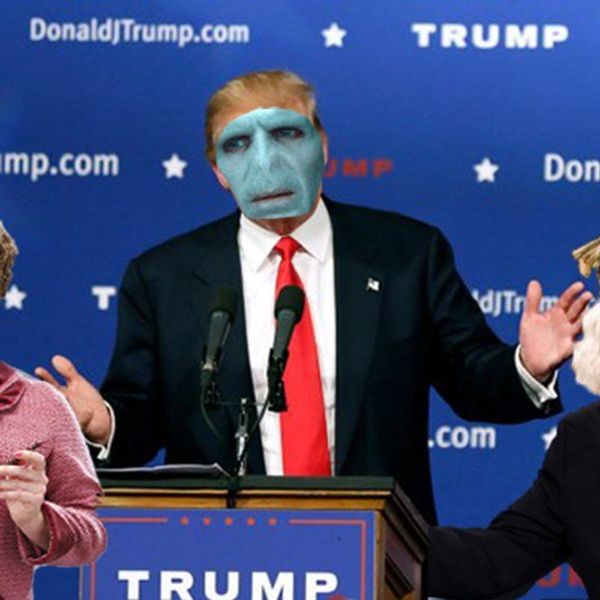In my English class, the main subject is the Transcendentalists. For those who are unfamiliar with the term, Transcendentalism was a time period in American history occurring between the times of 1830 and 1900. It was mostly a literary movement (hence why I have such a keen interest in it) and was characterized by moving away from traditional church doctrine, an embracing of rationality, and an intense belief in divinity pervading all aspects of nature, including the human soul.
Ralph Waldo Emerson and Henry David Thoreau are two of the most well-known transcendentalists, but other influential people of the time included one of the original feminist icons Margaret Fuller, the educational revolutionary Elizabeth Peabody, and the African American abolitionist and activist William C. Nell. I find it incredibly interesting and very telling about the state of our nation, then and now, that the final three names listed are less famous than the former two.
Emerson and Thoreau were both eloquent speakers and writers, and their audiences often exceeded numbers in the hundreds. Their writing styles and the content of their essays hold influence over American writing even to this day. If we as a society are bestowing fame upon people based on their legacy's and their influence, then both men are certainly worthy of remembrance. Based on that criteria, however, then are Fuller, Peabody, and Nell not also incredibly worthy of such remembrance?
Margaret Fuller wrote The Great Lawsuit, in which she condemns those who practice slavery as being without divine love, and later states that women and men have no real difference in their souls, and that "there is no wholly masculine man, no purely feminine woman," an idea that has been reiterated time and time again by psychologists and feminists writers such as Simone de Beauvoir.
Elizabeth Peabody assisted Amos Bronson Alcott in his development of the experimental Temple School. Her belief that children's play and individual development is essential to their learning and understanding of their school teachings became a pillar in the educational system, and her concepts are used in school systems all across modern America.
William C. Nell was a black journalist, abolitionist, and civil rights activist during the mid-1800s, and he worked towards integrating school systems in Massachusetts. His written works include personal accounts of his experiences assisting with the Underground Railroad and recording other African Americans' stories of slavery, freedom, and personal lives. Thanks to his research and accounts, we have knowledge of cemetery records, the first-hand accounts of many experiences of black people of the nineteenth century, and the recorded and remembered name of Crispus Attucks (the first martyr of the Revolutionary War). Nell worked side by side with both Harriet Beecher Stowe and Frederick Douglass.
It has struck me recently, during my class over the Transcendentalist Movement, that these names, despite all the work and influence that they have over America, are names that I have never heard of and was never taught in school until now, in this very focused class. The only Transcendentalists that I had heard of up to this point were those of Emerson, Thoreau, Alcott, and Channing.
They are the names of the people who were considered, during their time, to be the most relevant. They were white, they were wealthy, and they were men. They are the legacy of the Transcendentalist movement, even though they played but a small part in the development and reach of the movement. For a time period that apparently represents and defines America to this day, the actual representation seems very narrow.
We are a nation filled with diverse people, of diverse backgrounds, a rainbow not only in the color of our skin but in the range of our experiences. We need to show this, not only in modern media (which has certainly made leaps and bounds recently in the area of inclusion) but also in how we show our history.
Rich white men are not the only ones who held sway over our past. We need to recognize that, and we need to embrace it.



















